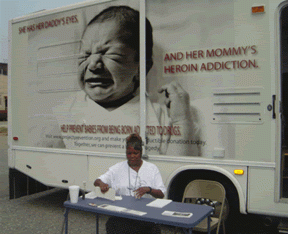By Chris Weller
Consuming various healthy fats during pregnancy may reduce a woman’s risk of having a child with autism, new research finds.
Published in the Journal of American Epidemiology by the Harvard School for Public Health, the study examined maternal intake of certain fatty acids across mothers whose children have autism and those whose do not. The study found that women who consumed linoleic acid — a type of omega-6 acid found in vegetable oils, nuts, and seeds — were 34 percent less likely to birth a child with autism, while women who consumed low levels of omega-3 fatty acids — those found in fish — were more 53 percent more likely.
“Our results provide preliminary evidence that increased maternal intake of omega-6 fatty acids could reduce risk of offspring [autism spectrum disorder],” the researchers wrote, “and that very low intakes of omega-3 fatty acids and linoleic acid could increase risk.”
The researchers point to the fatty acids’ importance in the fetus’ brain development, coupled with the mother’s stores of fatty acid toward the end of the pregnancy, as contributing to the decreased risks. However, they could only draw associative links, no causal claims, between the two behavior patterns.
The study included 317 mothers whose children have autism spectrum disorder and 17,728 mothers whose children do not. The mothers all completed surveys about their diets during pregnancy, with some filling out the information while pregnant and others completing it one year after birth.
One standout figure from the research was that women who consumed more omega-3 fatty acids than other women did not necessarily reduce their child’s risk for autism. At a certain point, the benefits reached a threshold.
This suggests that although getting too little omega-3 fatty acids may increase the risk of autism, once a certain threshold is reached, further consumption doesn’t provide an extra benefit, the researchers said.
Because of the limited sample size and correlative link, the researchers recommended further testing be done.
Read more at http://www.medicaldaily.com/articles/17077/20130702/healthy-fats-autism-risk-fetus-brain-development-omega-3-fatty-acids-pregnancy.htm#zHJkvEcXGqufHxwU.99




